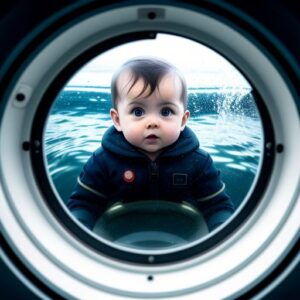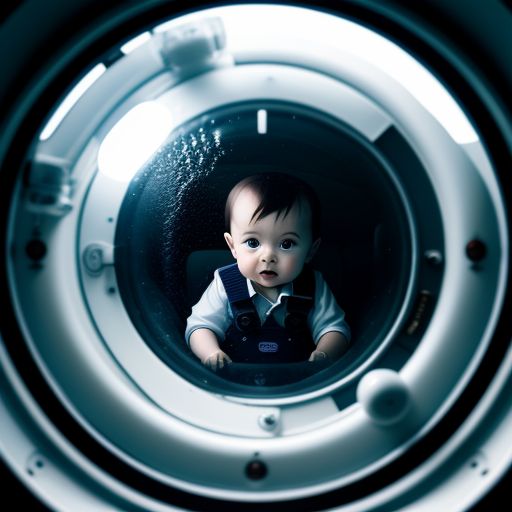The Humanity of Life-Support Dependents: A Comparative Argument
The necessity for life-support does not reduce the humanity of the person needing it. This thesis can be substantiated by drawing a parallel between the life-support characteristics of a baby in the mother’s womb and sub-mariners in a submarine. Arguing that babies in the womb are not humans and therefore can be killed would logically extend to arguing that sailors in a submarine are not human and can also be killed. This argument can be broken down into several key points.
Life-Support Systems: Babies in the Womb vs. Submariners

Both babies in the womb and submariners rely on complex life-support systems to survive in their respective environments:
- Babies in the Womb:
- Oxygen Supply: Fetuses receive oxygen through the placenta, which is connected to the mother’s bloodstream. This system ensures that the baby receives the necessary oxygen to sustain life.
- Nutrient Supply: Nutrients are delivered to the fetus via the umbilical cord, which is essential for growth and development.
- Waste Removal: The placenta also plays a crucial role in removing waste products from the baby’s blood, ensuring a healthy environment for development.
- Submariners:
- Oxygen Supply: Submarines are equipped with life-support systems that generate oxygen and remove carbon dioxide from the air, ensuring a breathable atmosphere.
- Nutrient Supply: Submariners rely on stored food and water supplies, which are meticulously managed to sustain life during extended underwater missions.
- Waste Removal: Advanced waste management systems are in place to handle human waste and other byproducts, maintaining a livable environment within the submarine.
Dependence on Life-Support Systems
The reliance on life-support systems does not diminish the humanity of either group:
- Babies in the Womb: The dependence on the mother’s body for oxygen, nutrients, and waste removal is a natural and temporary phase of human development. This dependence does not negate the baby’s status as a human being.
- Submariners: The dependence on artificial life-support systems to survive underwater missions is a situational necessity. This does not make submariners any less human than when they are on land.
Ethical Implications
The ethical implications of denying humanity based on dependence on life-support systems are profound:
- Babies in the Womb: If one argues that fetuses are not human because they rely on the mother for survival, it opens the door to justifying harm or termination based on dependency. This perspective fails to recognize the inherent humanity of the fetus, which is in a natural stage of development.
- Submariners: By the same logic, one could argue that submariners, who depend on life-support systems, are not human and thus can be subjected to harm. This is clearly an untenable position, as it disregards the humanity of individuals based on their situational needs.
Conclusion
The necessity for life-support does not reduce the humanity of the person needing it. Whether it is a baby in the mother’s womb or a submariner in a submarine, both are fully human despite their reliance on life-support systems. Arguing otherwise would lead to ethically and logically inconsistent positions, undermining the fundamental recognition of human dignity and rights. Therefore, the humanity of individuals should not be contingent upon their dependence on life-support systems.
Citations:
[1] https://www.wolframalpha.com/input?input=life+support+needs+of+babies+in+the+womb
[2] https://www.wolframalpha.com/input?input=life+support+needs+of+submariners+in+a+submarine
